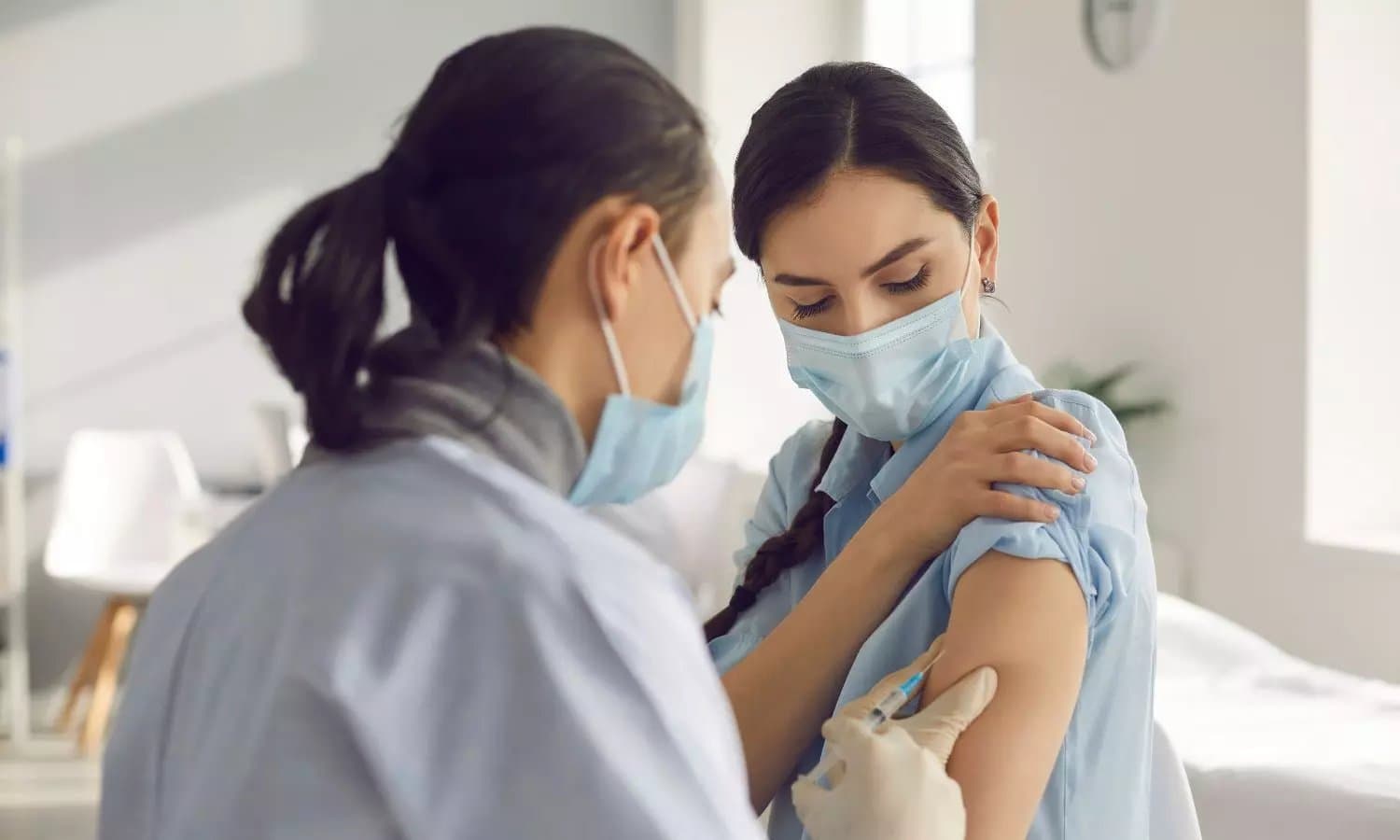HPV Vaccination Strongly Reduces Cervical Cancer Risk, New Global Reviews Confirm

HPV Vaccination
Two major new reviews from Cochrane provide some of the strongest evidence yet that the HPV vaccine is highly effective and safe. The analyses, which drew on data from more than 132 million people across clinical trials and real-world studies, show that girls vaccinated at age 16 or younger have an 80% lower risk of developing cervical cancer compared to those who are unvaccinated.
The reviews also confirm that the vaccine helps prevent precancerous changes in cervical and other genital tissues, with the greatest benefit seen when vaccination occurs before exposure to the virus.
HPV is a large family of viruses, some of which can cause cancers of the cervix, anus, penis, vulva, vagina, mouth and throat, along with genital warts. Cervical cancer remains one of the most common cancers in women globally, with an estimated 660,000 new cases and 350,000 deaths in 2022.
The Cochrane analysis addresses long-standing concerns and fears around vaccine safety. The researchers found no evidence of serious side effects linked to the HPV vaccine. Only minor reactions such as temporary arm soreness were noted, and serious health events occurred at the same rate in both vaccinated and unvaccinated groups. Concerns amplified by social media were not supported by real-world data.
The findings reinforce current global recommendations for both girls and boys to receive the HPV vaccine, ideally before age 16 and before becoming sexually active, to achieve maximum protection. Increasing vaccination in boys also helps reduce the spread of HPV and supports prevention of other HPV-related cancers that occur in men.
While most available data comes from high-income countries, researchers note the need for more evidence from low- and middle-income regions where cervical cancer rates are higher. Long-term follow-up will continue to reveal how vaccination impacts other HPV-related cancers over time.
Also Read

